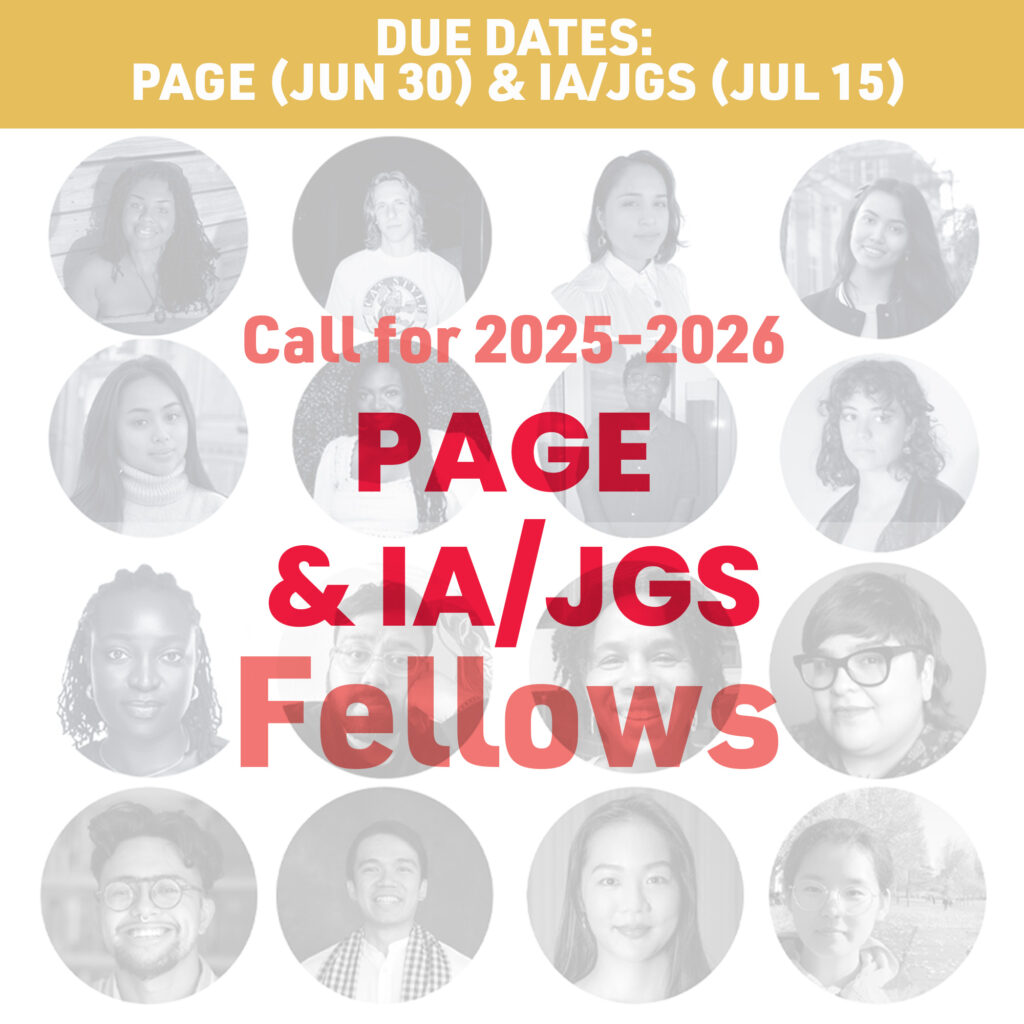Sustaining Engagement and Collaborative Partnerships in Shifting Times
By Marisol Fila
I was born and raised in Buenos Aires, Argentina. When I was in elementary school, our fourth-grade teacher asked us to narrate our family histories. I remember how we all told very similar stories about our origins and the origins of our home country. I was the great-granddaughter of an Italian washerwoman who arrived in Buenos Aires in the 1920s, my friend was the grandson of a Spanish farmer. Our stories all asserted that we were descendants of those southern European migrants arriving during the last decades of the nineteenth century. I knew that my grandfather didn’t look Italian or Spanish, but that side of the family did not come up when I asked my mother for help building our family tree.
This master narrative about Argentinian national identity circulates from mainstream media to history books, inside and outside the country. The indigenous and African contributions to Argentinian identity have been dismissed throughout diverse mechanisms of negation and social invisibilization. How could I, as a humanities student, help to bring awareness to these other stories that were both personal and collective? What tools did I have and what others should I acquire? Was academia the only space to challenge the master narrative? What other spaces could I build, occupy, and with whom?
My commitment to making visible the diverse experiences of marginalized Black communities led me to pursue graduate studies. Public engagement has always been central to my research methods, collaborative knowledge production, teaching, and scholarship. Since 2016 I have organizing guest speaker series and public exhibits in order to bring visibility to the experience of Afro-Latin Americans in their own voices while creating opportunities for dialogue and learning among students and the broader community. However, the hit of the pandemic in early 2020 brought me the impossibility of continuing to do collaborative in-person work with Latin American Afrodescendant activist groups.
The new context pushed me to envision alternative ways of pursuing my public scholarship work. While the easiest answer seemed to be to switch everything online, it wasn’t as easy as it looked. There were logistical and technological challenges and we felt that people were being oversaturated with live events and screen time. We thus decided to go back to the way we first started our collaborative relationship, by developing projects that could contribute to the growth and care of the community itself. We created small projects like organizing sets of readings and materials that could be discussed within the community as a means to know more about their own history and culture in contexts where they have been historically left out. But we also felt that many people needed time and space to cope with the new reality, so we devoted time and work to help them navigate the economic uncertainties that arose.
It was then when I realized what public scholarship means to me. It means imagination and experimentation. It is introspective and outward-facing. It is finding creative ways to contribute to a larger conversation on racial and social justice and inclusion from a Global South perspective. It means creating purposeful, context-specific, culturally relevant, and sustainable relationships and networks within and outside academia that seek to overturn master narratives about national identities by telling historically-erased stories and histories. But sometimes, it also means to slow down and offer small actions of care.
Image Description: Flyer from the series “O Menelick 2Ato: Art, Culture and Society From the Perspective of Contemporary Brazilian Black Press” University of Michigan, Winter 2020.


